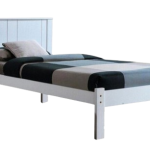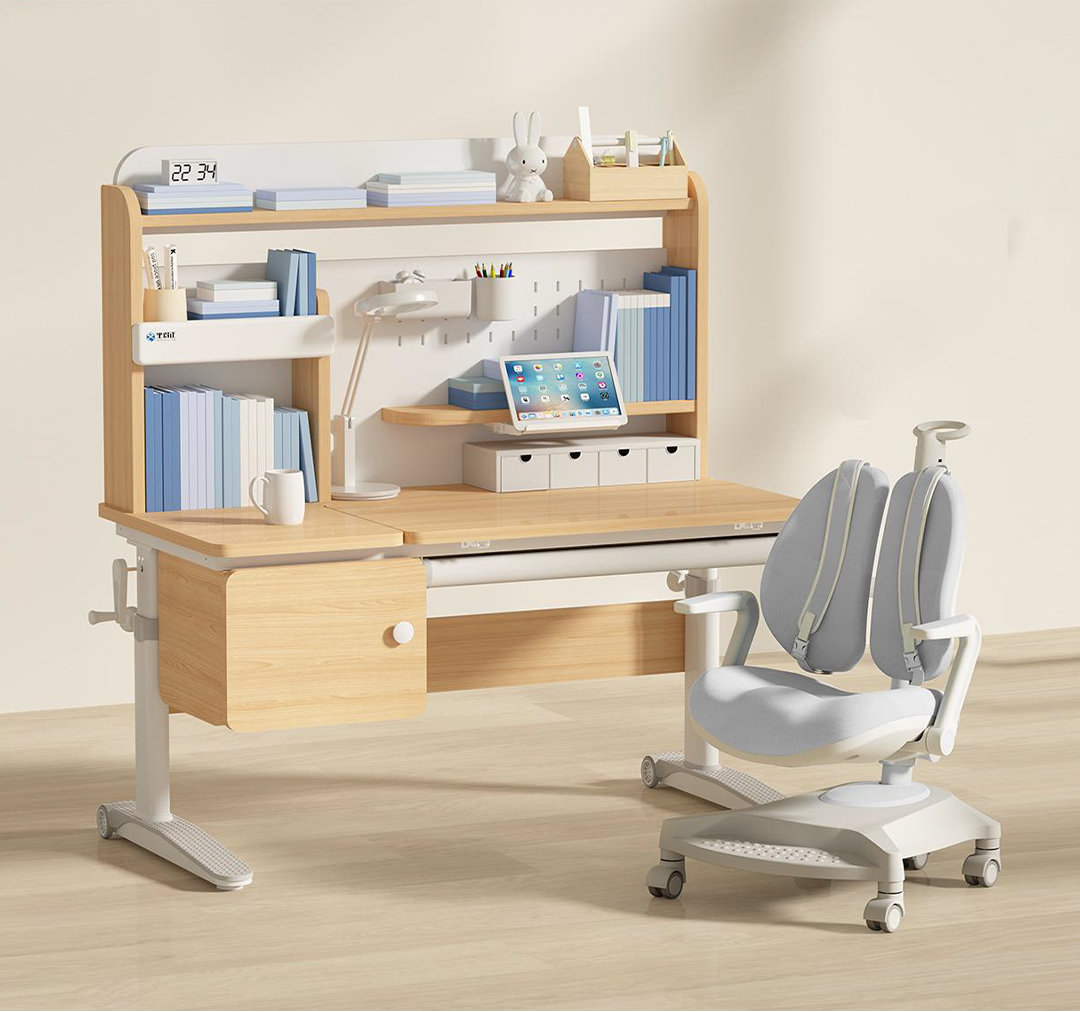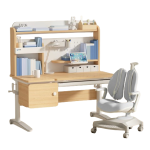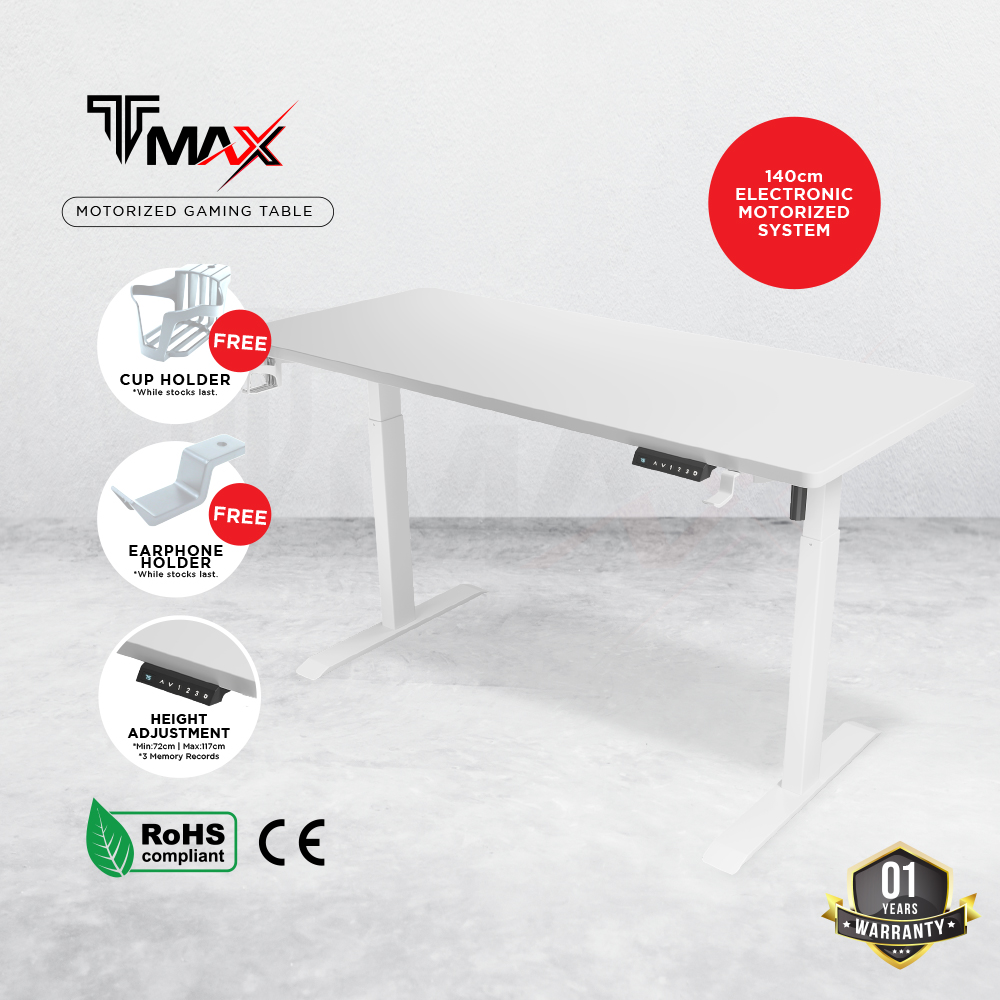Soft Mattresses vs. Firm Mattresses

Soft Mattresses vs. Firm Mattresses: Understanding the Differences
When it comes to choosing a mattress, one of the most important decisions is whether to opt for a soft mattress or a firm mattress. The level of firmness can significantly impact your sleep quality, comfort, and overall well-being. Understanding the pros and cons of each type can help you make an informed decision that best suits your individual needs.
Pros of Soft Mattresses
- Pressure Relief: Soft mattresses are known for their ability to conform to the body’s natural curves, providing excellent pressure relief for side sleepers and those with joint or muscle pain.
- Comfort: Many people find soft mattresses to be more comfortable and luxurious, as they allow the body to sink in and feel enveloped.
- Alignment for Side Sleepers: Soft mattresses can help maintain proper spinal alignment for side sleepers, reducing the risk of back pain and discomfort.
Cons of Soft Mattresses
- Lack of Support: Soft mattresses may not provide enough support for back and stomach sleepers, leading to poor spinal alignment and potential back pain.
- Durability Concerns: Soft mattresses may be less durable than their firm counterparts, potentially needing replacement more frequently.
- Difficulty for Couples: Soft mattresses can be problematic for couples with different firmness preferences, as one partner may sink in more than the other, leading to an uneven sleep surface.
Pros of Firm Mattresses
- Spinal Alignment: Firm mattresses are generally better at maintaining proper spinal alignment, particularly for back and stomach sleepers.
- Durability: Firm mattresses are often more durable and resistant to sagging, potentially lasting longer than soft mattresses.
- Versatility: Firm mattresses can be made more comfortable by adding a mattress topper or using support pillows, allowing for a customizable sleep experience.
Cons of Firm Mattresses
- Pressure Points: Firm mattresses may not provide enough pressure relief, leading to discomfort and potential pain for side sleepers or those with joint or muscle issues.
- Adjustment Period: Transitioning from a soft to a firm mattress can be challenging and may require an adjustment period.
- Suitability for Lighter Individuals: Firm mattresses may not be as comfortable for individuals with a lighter body weight, as they may not sink in enough to achieve proper support.
Choosing Between Soft and Firm Mattresses
When deciding between a soft mattress or a firm mattress, it’s essential to consider your sleep position, body type, and any existing medical conditions or pain points. Side sleepers and those with joint or muscle pain may benefit more from a soft mattress, while back and stomach sleepers may find a firm mattress more suitable. Ultimately, the choice comes down to personal preference and finding the right balance of comfort and support for your individual needs.
Find out more mattress











































 Office Storage
Office Storage Steel Cabinet
Steel Cabinet

